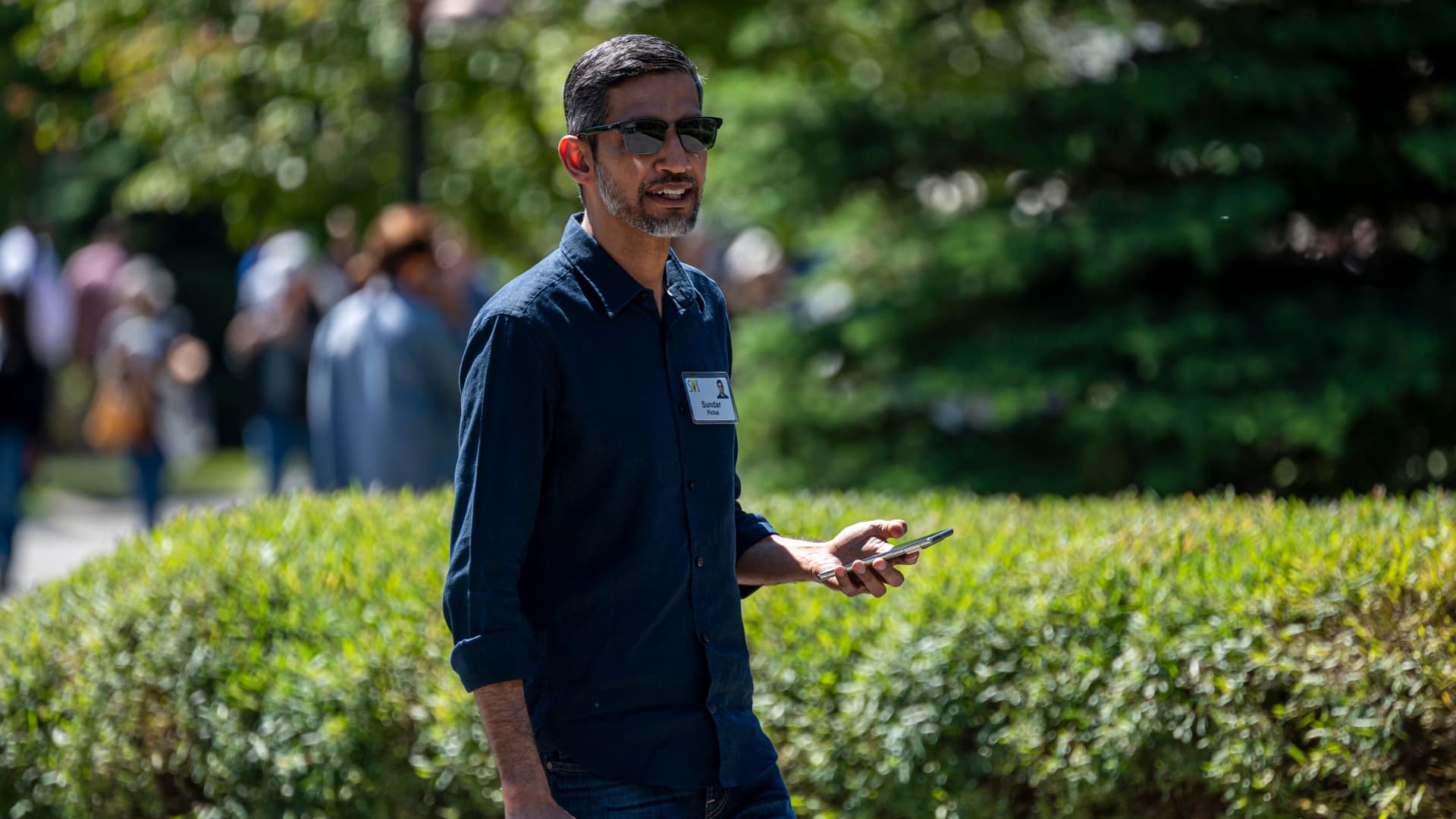The main topic of the article is the impact of AI on Google and the tech industry. The key points are:
1. Google's February keynote in response to Microsoft's GPT-powered Bing announcement was poorly executed.
2. Google's focus on AI is surprising given its previous emphasis on the technology.
3. Google's AI capabilities have evolved over the years, as seen in products like Google Photos and Gmail.
4. Google's AI capabilities are a sustaining innovation for the company and the tech industry as a whole.
5. The proposed E.U. regulations on AI could have significant implications for American tech companies and open-source developers.
Nvidia's CEO, Jensen Huang, predicts that upgrading data centers for AI, which includes the cost of expensive GPUs, will amount to $1 trillion over the next 4 years, with cloud providers like Amazon, Google, Microsoft, and Meta expected to shoulder a significant portion of this bill.
Google plans to license new mapping data to companies in the renewable energy sector, including solar installers and design companies, with the aim of generating up to $100 million in revenue in its first year. The data will be offered through APIs and will include solar and energy information, air quality data, and individual building data.
Google is aiming to increase its market share in the cloud industry by developing AI tools to compete with Microsoft and Amazon.
Google has made its Duet AI tools for Google Workspace available to all users, following a 14-day free trial, with pricing starting at $30 per user per month for large businesses and details for consumers and smaller businesses to be revealed later. The AI tools aim to enhance Google's popular apps such as Gmail, Google Docs, Meet, Sheets, and Slides.
Google Cloud is heavily investing in generative AI, leveraging its innovations in Tensor Processing Units (TPUs) to provide accelerated computing for training and inference. They offer a wide range of foundation models, including PaLM, Imagen, Codey, and Chirp, allowing for customization and use in specific industries. Google Cloud's Vertex AI platform, combined with no-code tools, enables researchers, developers, and practitioners to easily work with generative AI models. Additionally, Google has integrated their AI assistant, Duet AI, with various cloud services to automate tasks and assist developers, operators, and security professionals.
Google Cloud's CEO, Thomas Kurian, stated that the company's latest AI products, Duet AI in Workspace and Vertex AI, have the potential to revolutionize the market and bring AI capabilities to every department and industry, similar to how Google simplified access to the internet.
Google and Google.org have launched the Digital Futures Project, a $20 million initiative to study responsible AI technologies, in order to address issues related to fairness, bias, misinformation, security, and the future of work by collaborating with outside organizations and fostering responsible discussion.
Microsoft Copilot and Google Duet are powerful AI assistants that enhance productivity in proprietary applications, with Copilot offering better integration and features, especially within Microsoft Teams.
Google and Salesforce have announced an expanded partnership that integrates data and context from Salesforce to Google Workspace in an open platform, intensifying the competition with Microsoft in the artificial intelligence (AI) space.
Small and medium businesses adopting AI and cloud computing technologies are expected to drive significant gains in productivity and economic output in sectors such as healthcare, education, and agriculture, with projected benefits of $79.8 billion by 2030 in the US and $161 billion globally.
